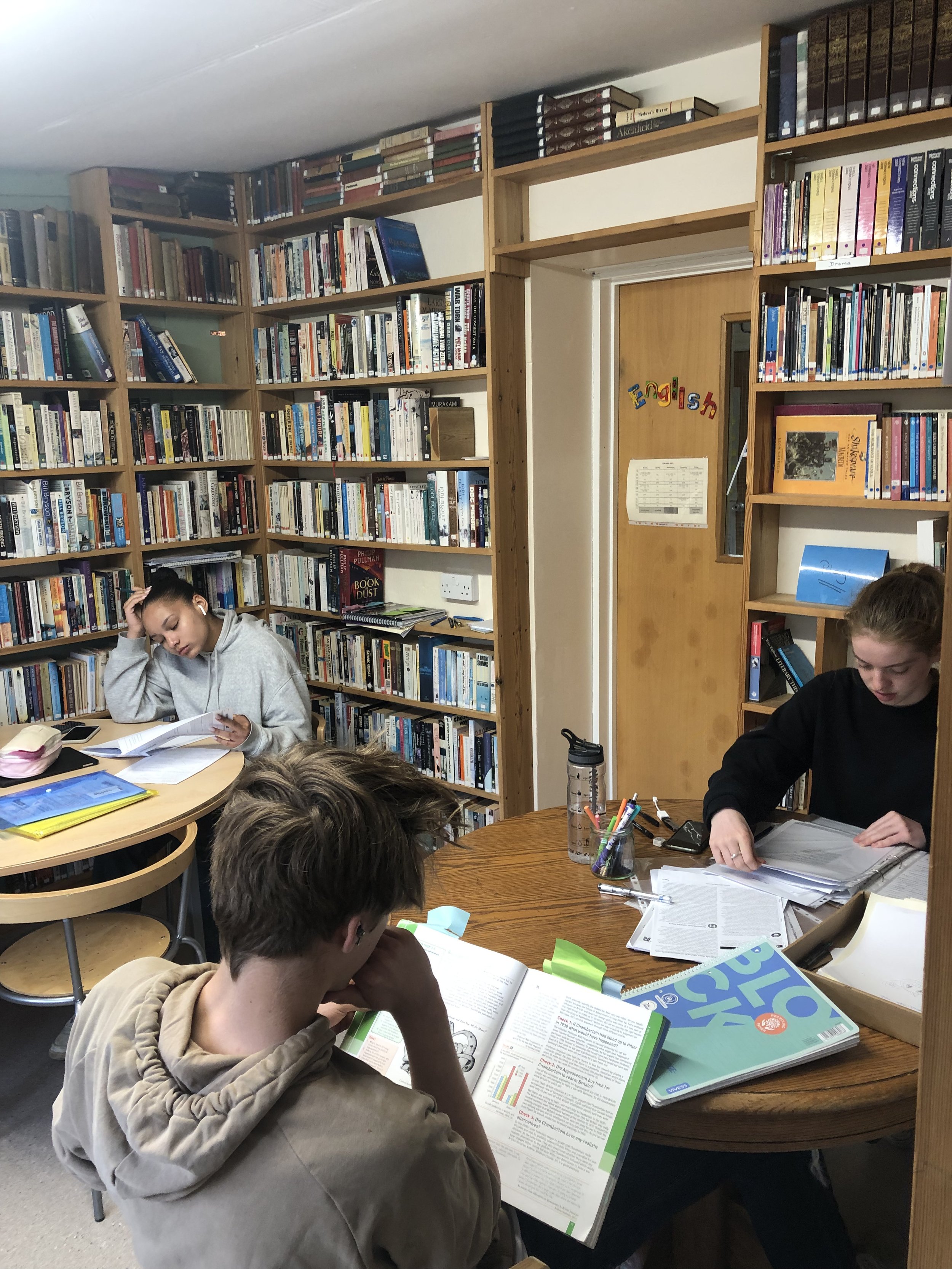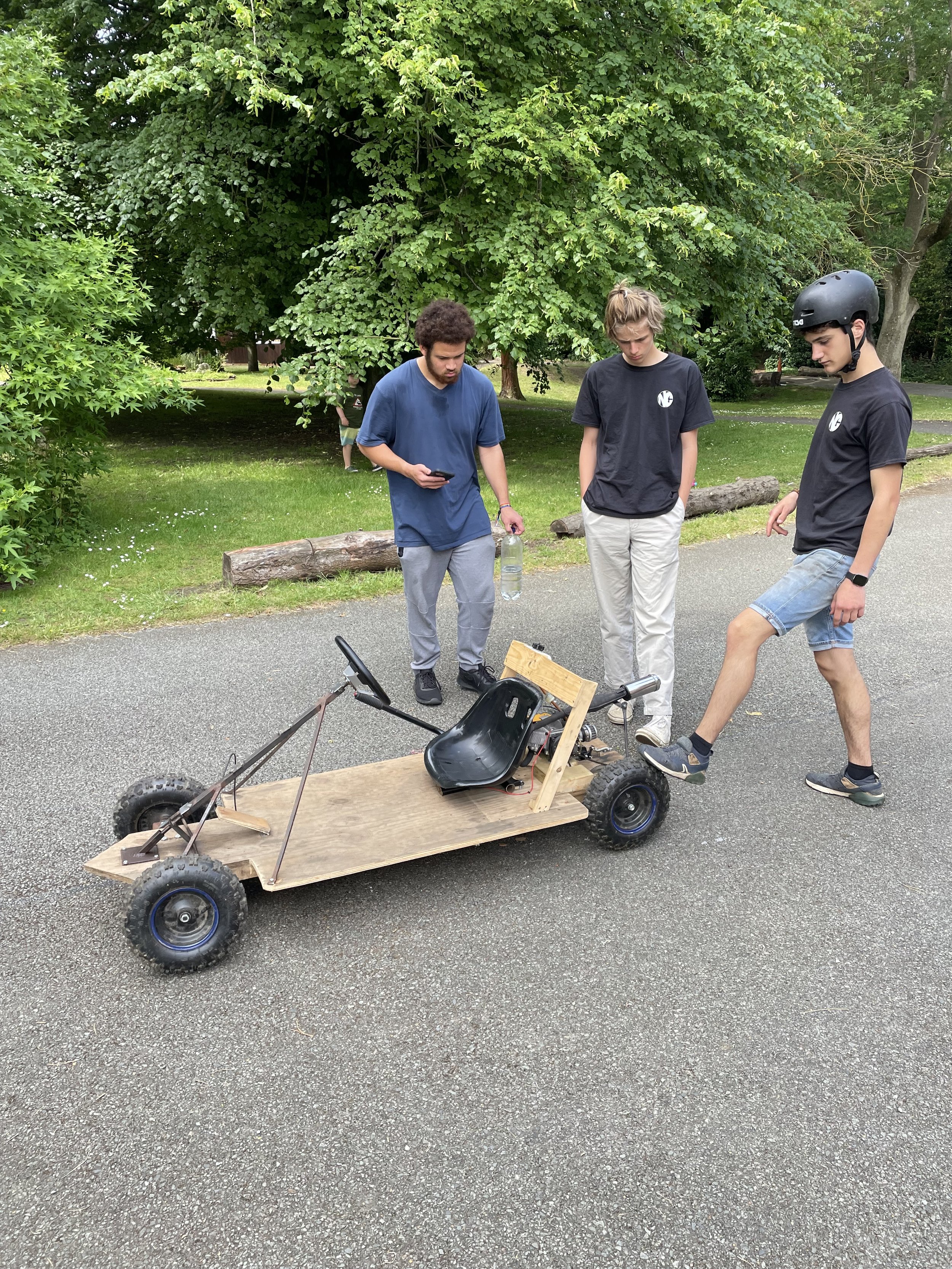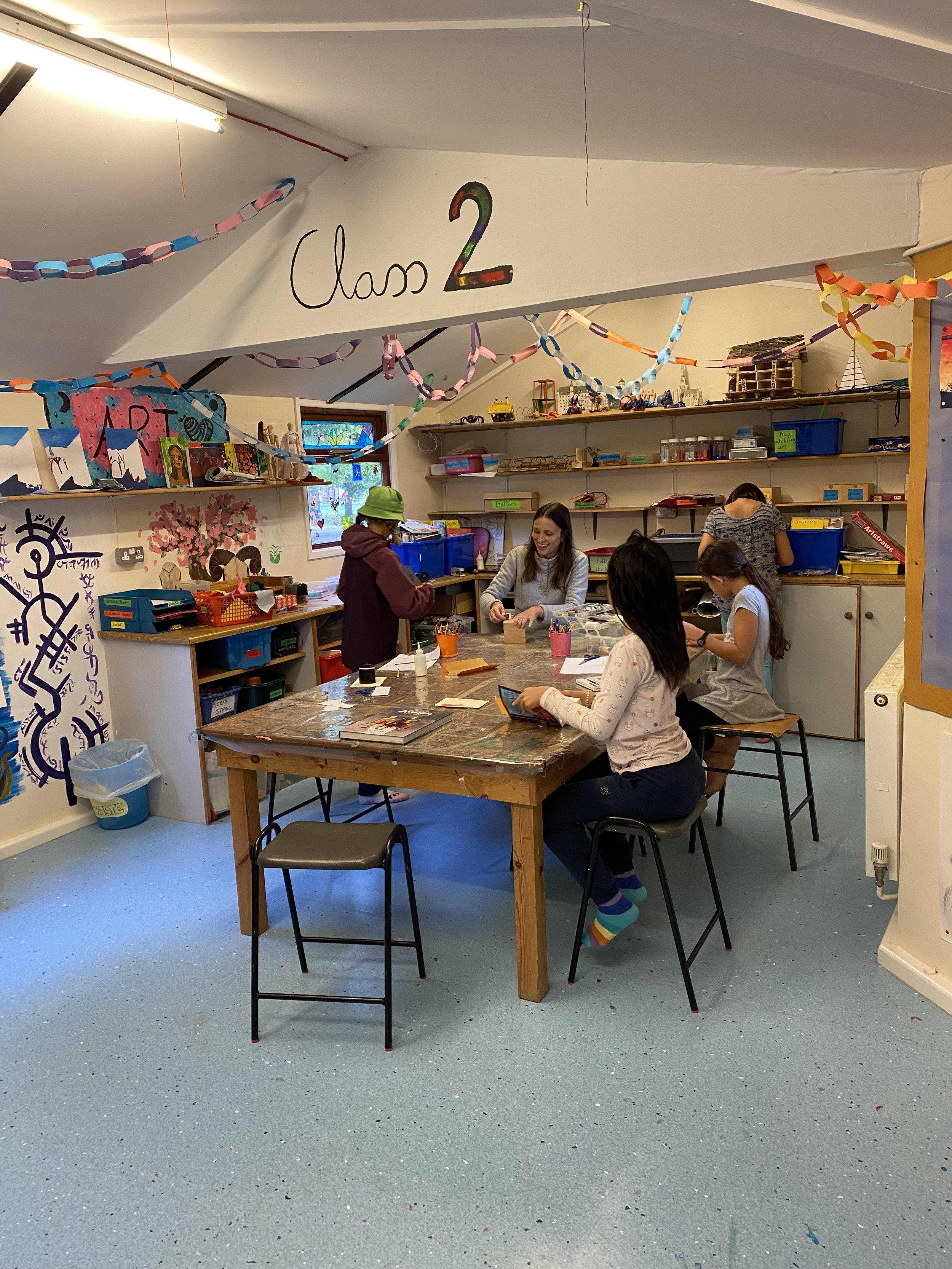The non-compulsory learning at Summerhill means children have the complete freedom to partake in learning if and when they are ready. This has often lead to the image that children don’t learn at Summerhill. This is a myth as the non-compulsion means children naturally gain a positive relationship to learning. When a child enters a lesson, they bring with them; interest, motivation and enthusiasm. This in turn means they learn much faster and more deeply because their focus has come purely from them. This also means it happens when they are ready and so fits in perfectly to their own personal development and bespoke education.
Class 1 : ages 5-9.
Class 1 : ages 5-9.
Class 2 : ages 9-12
Class 2 : ages 9-12
Class 3 : ages 13-14
Class 3 : ages 13-14
Sign up / GCSE courses: ages 14+
Sign up / GCSE courses: ages 14+
Curriculum
-

Sciences
-

Maths
-

Woodwork/Metalwork
-

Art
-

English and Literature
-
History
-
Music
-

English as an Additional Language (EAL)
-

Information Technology Design Technology (IDTD)
-

RSHE (Relationship, Sex and Health Education)
-

Modern Foreign Languages
Learning
While at Summerhill children have personal freedom to follow their own needs, a professional staff of around fourteen house-parents and teachers provide, what is in effect, a bespoke education. The pupils have absolute freedom to attend classes or not.
They can prepare for and sit GCSEs (the UK national examinations) or concentrate on other passions such as art, woodwork, science, music or just play outside in the rain.
There is a conventional and accepted way that children throughout the world are schooled.
At Summerhill we see a different process. Although some children will follow a fairly conventional path, occasionally, some do not attend classes for a very long time, so they can reach the age of twelve or thirteen with pretty minimal skills in a conventional sense.
At some stage, pupils will start to think about the future, about what they plan to do after Summerhill. They will stop wanting to play all day and start to get down to work. This is what we call self-motivation.
The moment when you realise that you have to get on and learn stuff if you want to know it. And this is the time that you figure out it is your own responsibility to learn, not necessarily for somebody to teach you.
It can be a difficult time at the start. Of course, in the school community you will have already experienced compulsion in various ways. Things you can’t do because they are against the school laws, such as playing computer games before 4 in the afternoon. Things you must do like getting up in the morning by 8:30 or going to bed at bedtime. So the concept of having to do something is quite familiar. But having a schedule of classes takes a bit of getting used to. The main thing is that children DO get used to it, they DO learn, they DO pass exams, and the experience is an enriching one for them as they learn about their own ability to achieve for themselves and how to overcome difficulties with hard work and dedication. Naturally, there are some pupils who prefer not to go along the academic route but decide to do something else instead. As we have no criteria for success, all our pupils are valued equally, whatever their chosen path. So, Summerhill is not just a great big play-pen. It is a planned and structured system which allows the children to be kittens while they are young and then gradually take an active part in both their community and in their own learning and preparation for life after Summerhill.








